- Home
- Carnivore
What Is the Carnivore Diet?
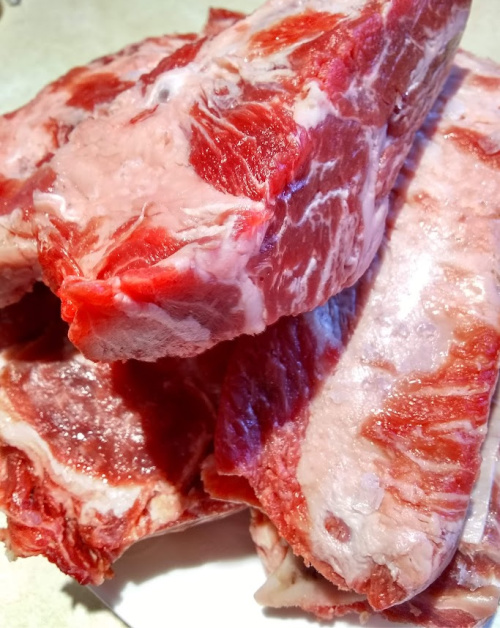 Getting the beef ribs ready for the grill!
Getting the beef ribs ready for the grill!What is the carnivore diet? And is it for everyone? Those are great questions, and many people want to know. So, here’s an introduction to the topic if you’re curious.
When I
told my husband I was writing about the carnivore diet he said, “What is there
to write about? You just eat meat. Simple!” Thanks, Hunny Buns, that was very helpful!
Like any dietary changes, the concept is easy enough… “you just eat meat”… but doing it is usually a little more complicated. So, my motivation to write about this is to help anyone contemplating “going all in on meat” to gain a better understanding of how to do it and help understand why a person may want to start a carnivore way of eating.
It goes without saying that this way of eating limits the types of food you eat. That’s right… you eat only from the animal kingdom and nothing else. This includes eggs, fish and shellfish, poultry, beef, pork, game and some dairy and most importantly enough fat. There is no room for plants of any kind, not one… not even berries, nuts, seeds or leafy greens. You will also notice that this diet doesn’t support consuming any processed foods, junk food, sugar or vegetable oils. Hallelujah! Speaking of processed foods, processed meat that includes sugar of any kind is also out!
That’s
Kind of Extreme!
Does the carnivore diet seem kind of extreme to you? Well, it is. But that doesn’t make it wrong, dangerous or unhealthy. As a matter of fact, many believe that this way of eating is the “proper human diet”. That term was coined by Dr. Ken Berry, a well-known proponent of the carnivore diet.
So, what about you? In what ways do you believe the Carnivore Diet could help you? What's stopping you from giving it a try for a short period of time?
If you don't know where to start, I have created something to help you. Learn how to start a this way of eating by getting a copy of The Carnivore Diet Ultimate Beginner’s Guide.
It's FREE to download. It is concise so you can get started quickly. It will uncomplicate everything for you and empower you to make excellent choices that will enable you to succeed with this diet. Click or Tap here to get your personal copy of The Carnivore Diet Ultimate Beginner’s Guide.
Elimination
Diet
The carnivore diet is not a new diet. It’s been used as the perfect elimination diet in medical practice for a very long time. It’s a regime where you eat only beef for a prescribed period of time. That’s because beef is least likely to cause food sensitivity or allergic reactions. So, eating only beef gives the body an opportunity to settle down. Then over time, other foods are added back into the diet and the patient is monitored for changes which makes it easy to spot any problematic food.
Why
Would Anyone Just Eat Meat?
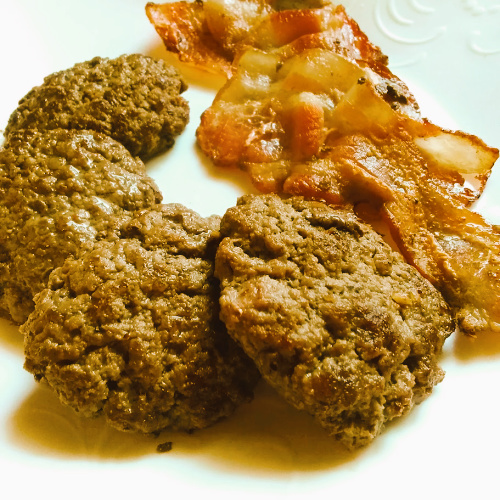 Little burger patties with smokey bacon.
Little burger patties with smokey bacon.There are many reasons why folks decide to eat only meat. Health conditions such as irritable bowel syndrome (IBS), as well as food allergies and sensitivities can be motivating factors for going on an all-meat diet.
So why not just eat plant food? What I am about to say could make you want to turn the page, turn off your device and run for your life! I beg you… don’t. Consider this…
It turns out that all plants contain various amounts of toxins for self-defense. Plants can’t run away from predators, so they’ve developed a different defense mechanism. They contain irritating compounds that make them toxic. Let’s face it, they don’t want to be eaten any more than any other living thing. These toxins can be very problematic for many people. By reducing them from the diet or cutting them out completely, a person’s wellbeing can be restored.
These days weight loss seems to be the main reason people are curious about the carnivore lifestyle. When you eat only meat, you eat very little carbohydrate. In fact… almost none. We know that when there is little carbohydrate in a diet, blood sugar remains very low and stable and because of that, insulin stays low as well. And of course, we know that high insulin levels drive fat storage. So, with reduced insulin levels many people report losing body fat and weight while maintaining or gaining muscle mass.
People who have autoimmune diseases and inflammatory conditions can also experience improvement when their diet is devoid of irritants such as grains, nuts and nightshades. Nightshades include certain vegetables like tomatoes, potatoes, eggplant and peppers. I know, it’s a lot to remember, but there’s help right here on this website.
Wondering what you can eat on a Carnivore diet? Click or Tap here to get a detailed list.
Aren’t
We Supposed to Eat a Rainbow of Fruit and Veggies?
You’re probably asking yourself, “Aren’t we supposed to eat from all the food groups to be healthy?” That’s what we’ve been told. The fact is you do not need to eat any carbohydrates at all. They are not essential to life. However, fat and protein are essential.
Before agriculture was developed to the degree it is today, vegetables, grains and fruit were not a big part of the human diet. Humans ate mainly meat and the fat that came with it. That was a time when we had to be mentally sharp, physically fit, strong, and fast so we could follow our prey and hunt it down. Yes… there was a time before smart phones and apps. 😊
In other cases when the hunter became the hunted, we had to run at top speed! Meat provided us with all the nutrients we needed for mental clarity and physical strength.
In addition to hunting, any fruit or vegetables we consumed we just happened upon, like finding berry bushes or knocking down a beehive during the warm seasons. In times of less abundance, we likely foraged for roots, and we managed to survive. But we thrived on fat and meat for most of the time. I am not suggesting that we revert to being hunters and gatherers but, it’s important to know that’s how our bodies were designed… and are still designed.
Ancient, fossilized human remains show very little dental caries or evidence of stunted growth or bone malformation. It wasn’t until the advent of agriculture that humans became shorter, jaws became smaller, teeth had cavities and bones were less dense.
What
Should I Be Eating?
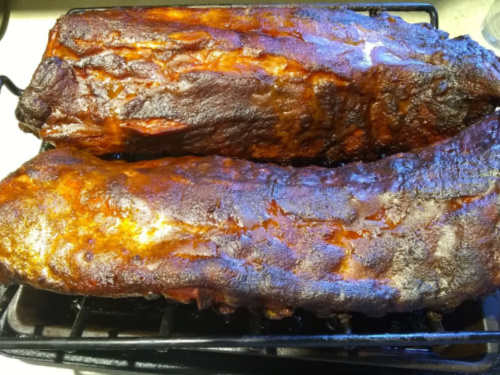 Smoked, slow cooked pork back ribs. Divine!
Smoked, slow cooked pork back ribs. Divine!As a carnivore, the most important thing is to make sure you eat plenty of animal fat. So, when you select your meat, choose the fattier cuts like well-marbled steaks… think prime rib and rib eyes.
Make your burgers from medium or regular ground beef. Tell your butcher not to trim the fat from your cuts. Eat meaty pork ribs and think pork chops and bacon and lamb. If you like, you can enjoy organ meats like liver and kidneys. Chomp on meaty ribs!
Enjoy fatty fish, like salmon, mackerel, sardines, cod, herring, and anchovies. Make sure you eat the skin from chicken, turkey, duck, and other fowl. If you eat only chicken breast, add fat to it. Ideally, eat dark meat such as the thighs and wings.
When you cook, avoid seed oils. Instead use butter, bacon drippings, beef tallow, lard, and duck fat.
Here's where you can learn more about the proper way to start a carnivore diet.
What Is the Carnivore Diet List of Pros?
Let’s start with the pros of a carnivore diet. These are the good reasons to try a carnivore diet or to stay on a carnivore diet forever.
Who or what is the carnivore diet good for? For anyone who is addicted to processed foods and carb-y foods, this is the diet that will quiet your mind. It eliminates cravings because you are not eating anything that tastes sweet. The food you eat on this diet does not negatively affect the reward center in your brain. There is no uncontrollable dopamine rush. It is, in my opinion, one of the best ways to deal with food addiction.
It also makes food shopping and planning meals a breeze! What’s for supper? Meat! No worries about what to have on the sides. No desserts to think about. It’s just meat. Breakfast? Eggs and ham. Lunch? Salmon fillet drizzled in butter. Snack? You won’t be hungry for a snack but if you are you can eat a beef stick or a piece of cheese.
And of course, when you eliminate carbs from your diet to become a carnivore, you will lose weight and improve your health.
What
Is the Carnivore Diet List of Cons?
As is true with everything in life, there is a downside to contrast the upside. So, now let’s discuss the cons.
Being a carnivore is hard at first, particularly in social situations. If you go to someone’s house for dinner you will have to tell the host that you only eat meat. Your friends will raise their eyebrows when you join them in restaurants. And you will often find yourself in the position of having to explain why you choose to eat this way.
It gets tedious but in time people will learn to respect your choice. Just tell anyone who asks, that you’re on an elimination diet sorting out what foods don’t agree with you. Most people will leave it at that.
It is extremely important that before embarking on any diet, you consult with your healthcare provider. That’s also very important for the carnivore diet as well. This is particularly important if you are on medications. Any changes to how you eat could require making changes to your medication dosages. Always check with your doctor.
What
Is the Carnivore Diet Going to Cost Me?
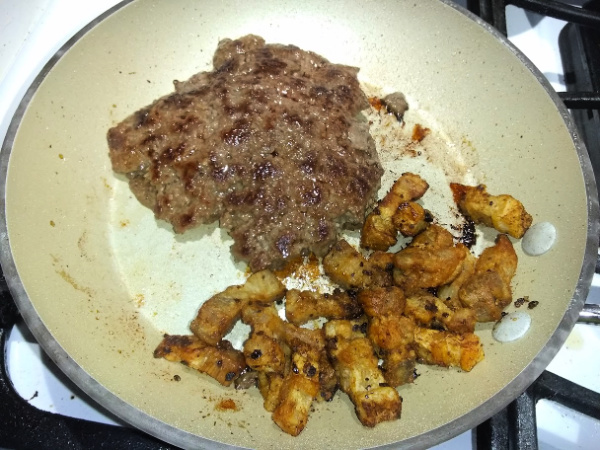 Economical burger patty with fried pork bellies.
Economical burger patty with fried pork bellies.It is true that you can stretch a pasta casserole further than you can a piece of steak. However, I have not found it to be much more expensive to eat this way. Making egg-based casseroles and shopping for meats on sale are great ways to save money. Using canned salmon instead of fillets saves lots as well. There are ways to save money if you look at the weekly food flyers.
And remember… you won’t be wasting your money on junk food which provides absolutely zero nutritional value. And you won’t be throwing away fresh produce you never got around to eating. You will find that there is much less waste.
And finally, you will find that you will not become hungry when eating low carb. Many “low carbers” and carnivores eat only two meals a day. No snacks. No hunger. Eating less means spending less!
What About You?
Is a carnivore diet really that good? Many will tell you that it is. Why not find out for yourself?
Learn everything you need to succeed with the carnivore diet. Download a FREE copy of The Carnivore Diet Ultimate Beginner’s Guide by Clicking or Tapping Here.
Lots
to Chew On!
This completes your introduction to the question of what is the carnivore diet. Hopefully, I’ve given you lots to think about. As I said, this is an introduction to the topic.
In other articles, I discuss the environmental and ethical impacts of the carnivore diet. I’ll provide you a peek at the supporting science (or lack thereof). I’ll get into the details of starting the carnivore diet, and provide considerations on who should and shouldn’t do it and much more.
So the big question is… What is the carnivore diet going to do for you? The best way to find out is to try it for yourself.
This way of eating is nearly zero carbs and very high in fat, making it a keto diet. If you have questions, go to my Contact Me page, and ask away. I love to hear from my readers and visitors.
If you are well down the path towards starting a carnivore lifestyle and you’d like some one-on-one coaching to get started, take a look at my services page by clicking of tapping here.
No matter where you are on your journey, I am here to help if you need it.
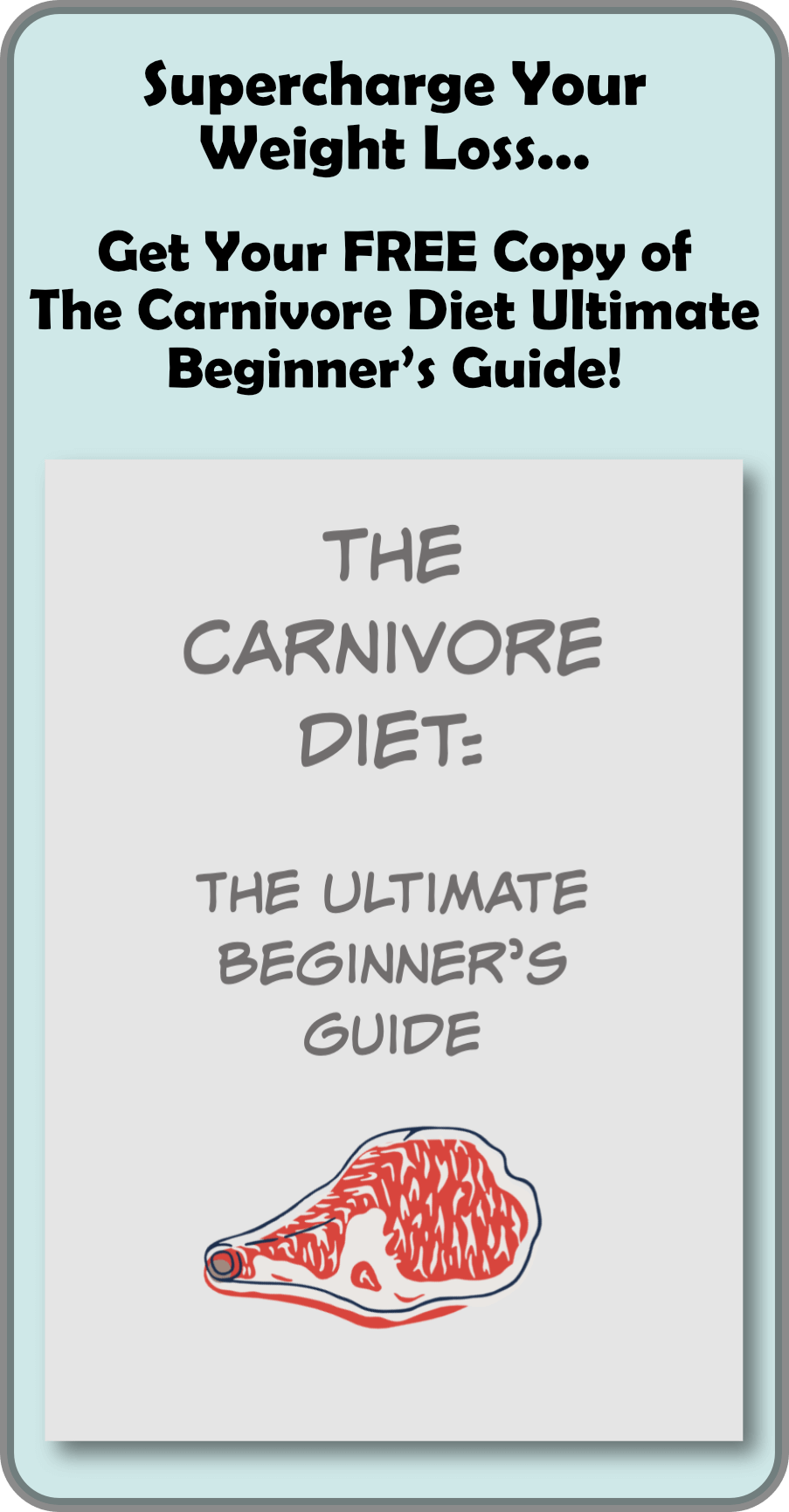
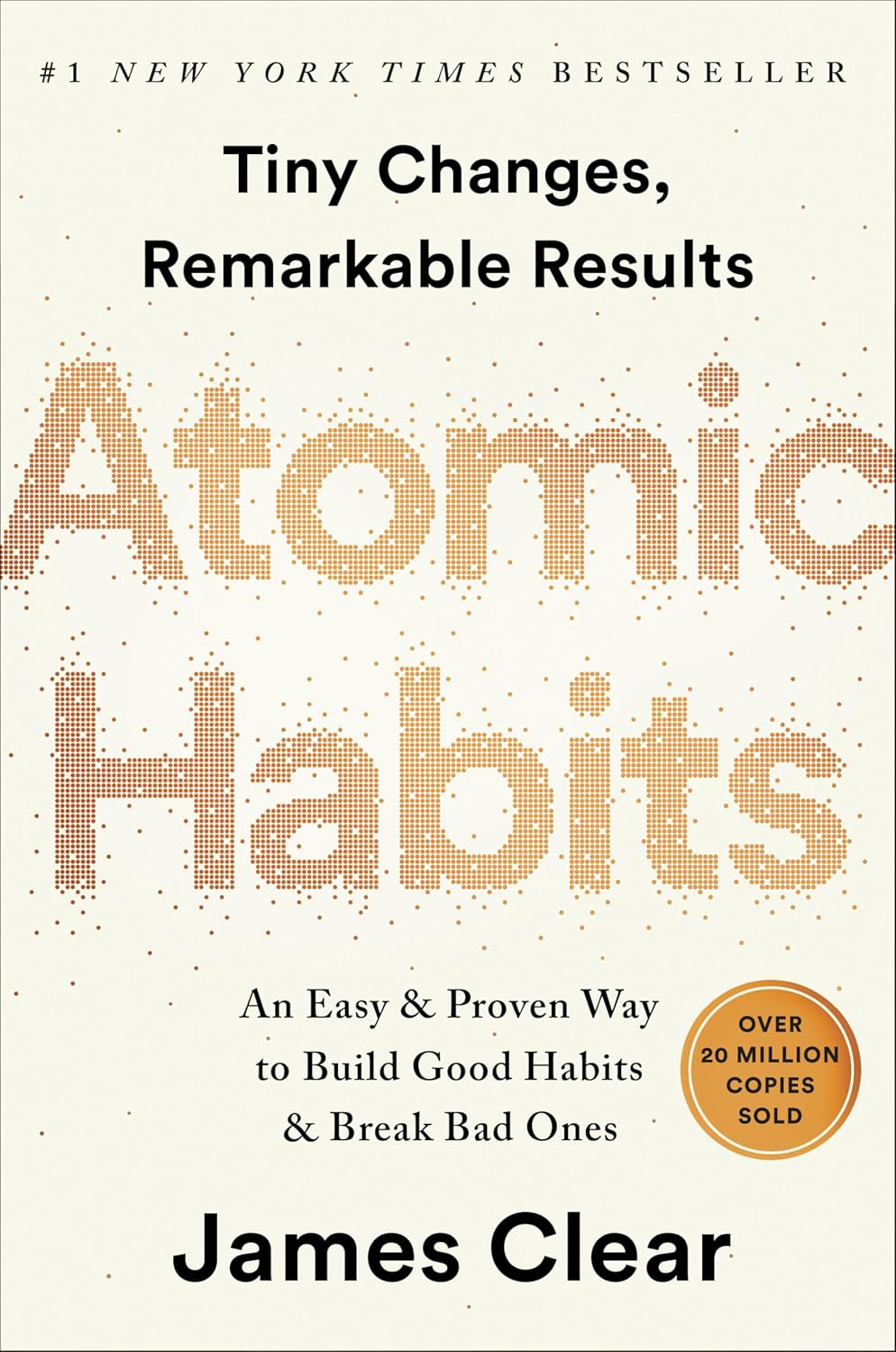
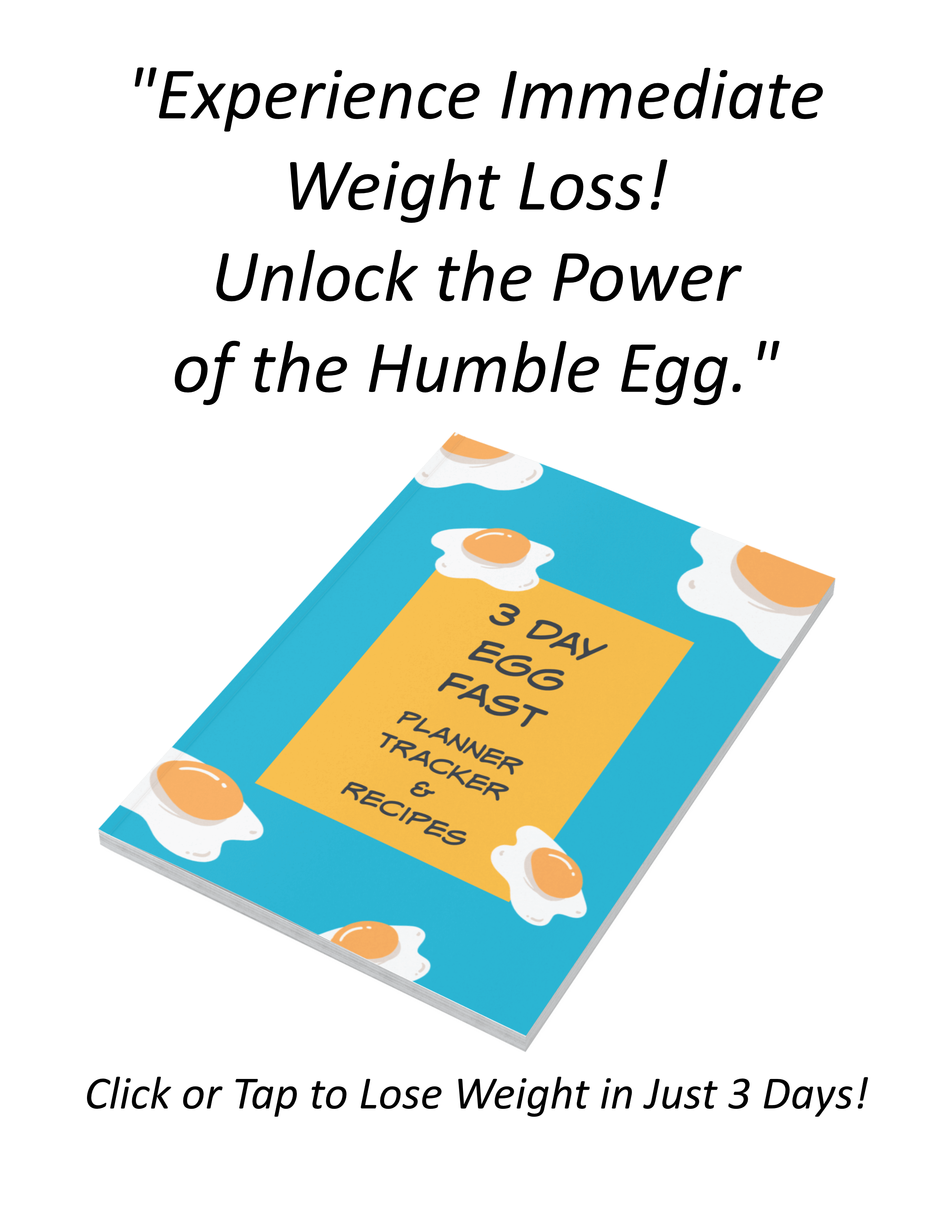
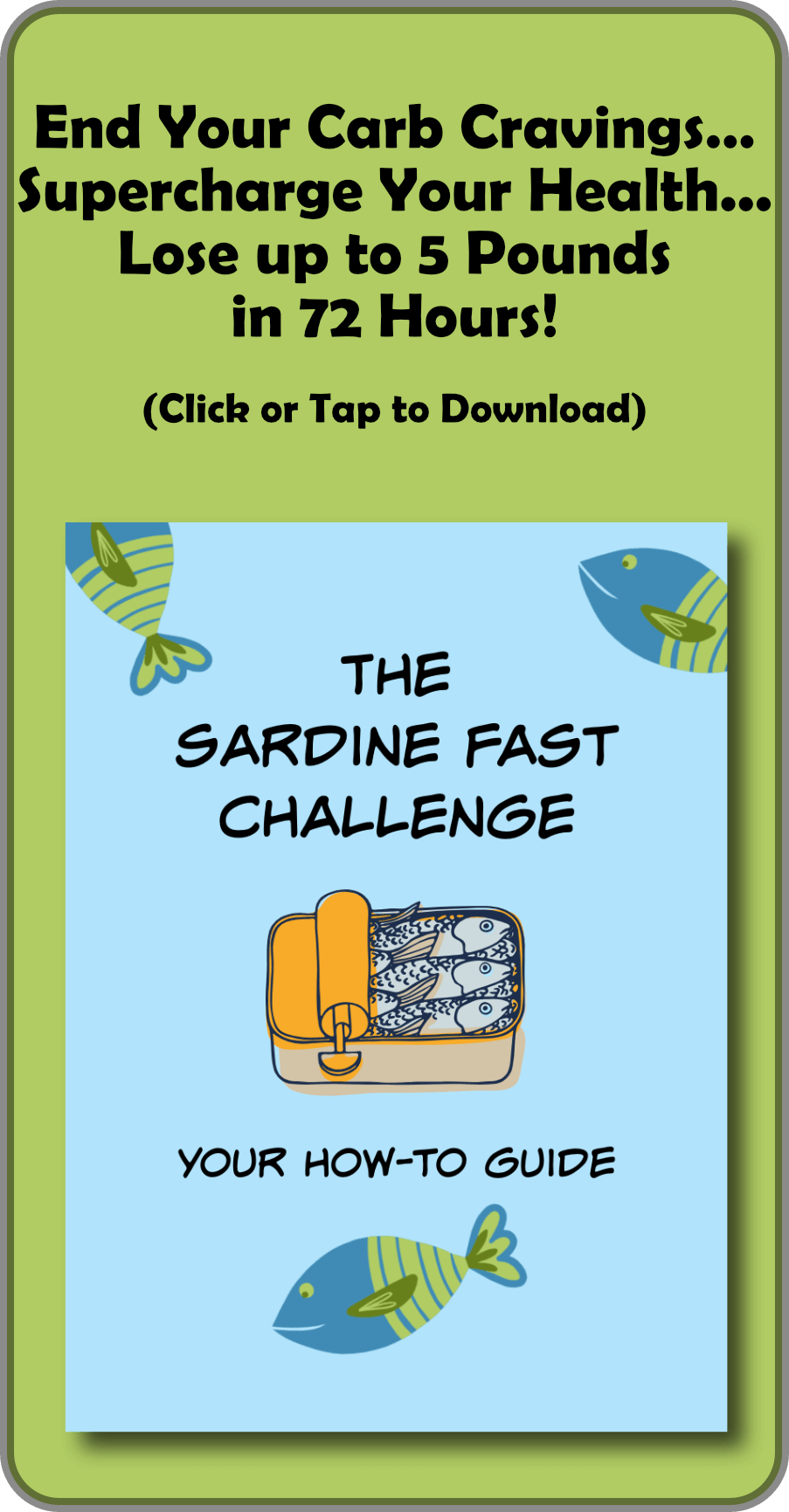

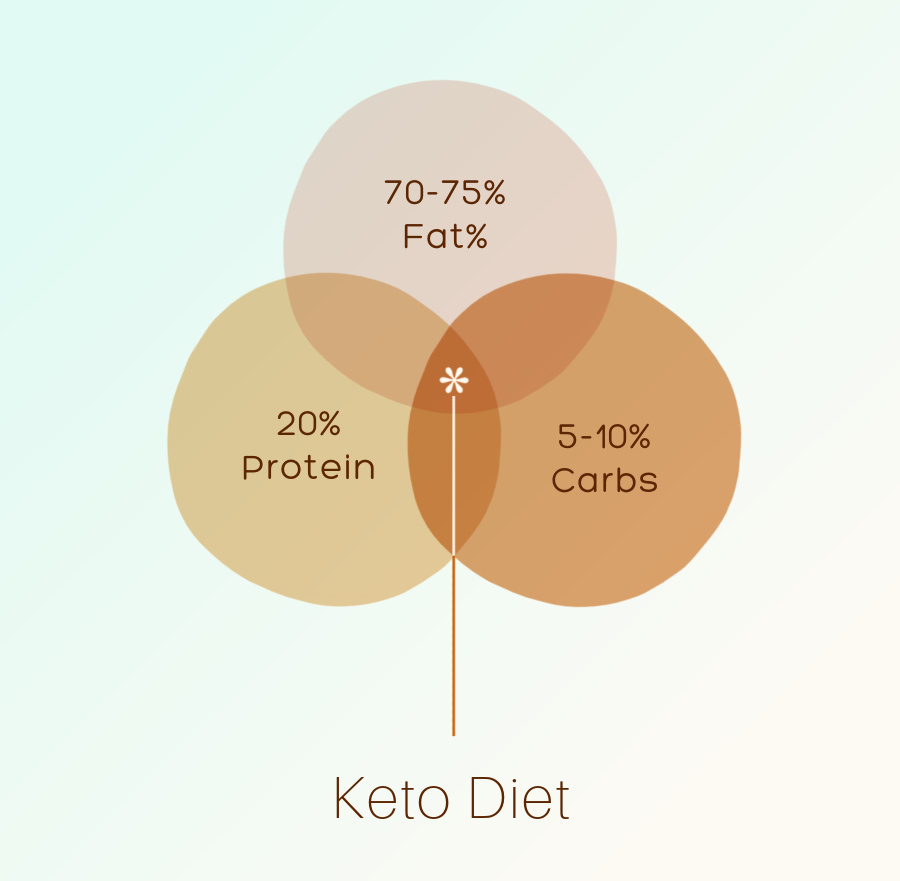
New! Comments
What do you think about what you have read on this page? I'd love to know! Leave me a comment in the box below.